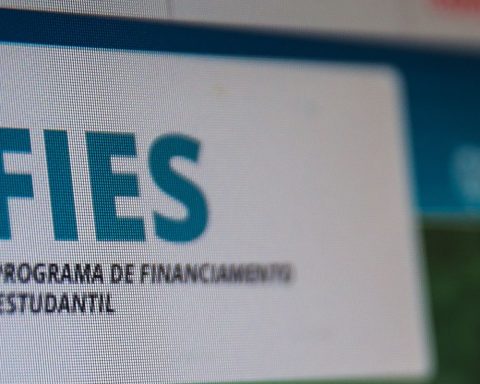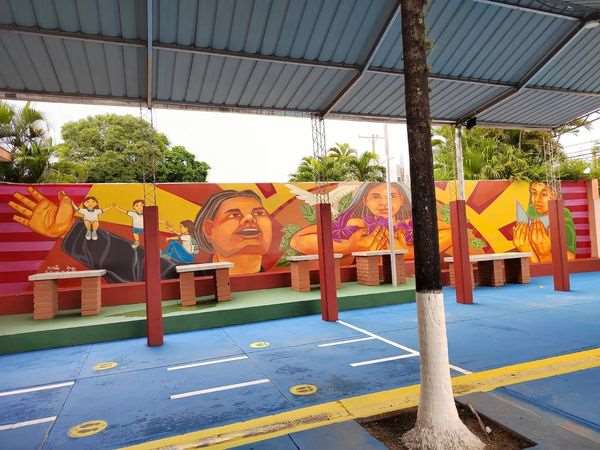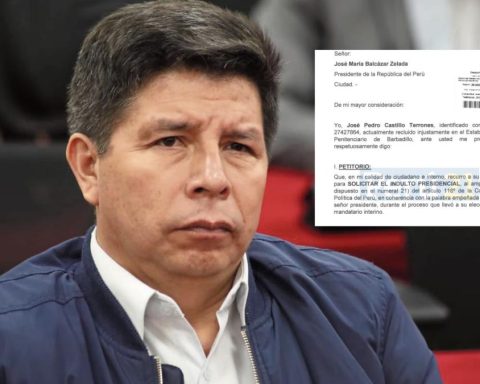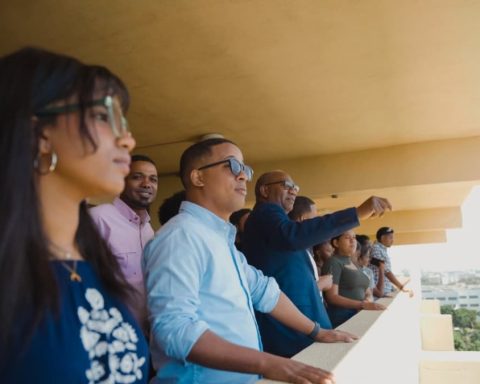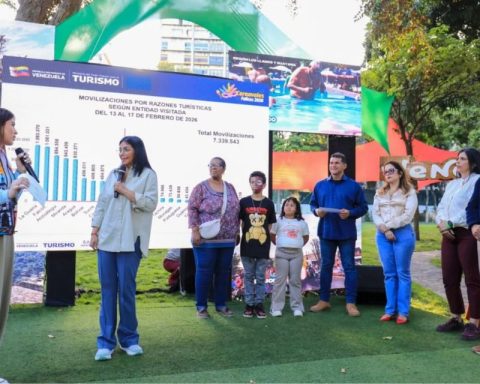The Minister of the Environment, Marina Silva, said today (4th) that there has been dismantling in the environmental area in the last four years, and that a great effort is being made to resume protection policies for the sector. This Saturday, she participated in the 13th Biennial of the National Union of Students (UNE), which this year takes place in Rio de Janeiro, at the Fundição Progresso building, in Arcos da Lapa.
“In the environmental area, we had a four-year blackout, a dismantling. We are now making the effort, across the board, to re-establish public policies and create new ones,” he said.
She added that “Brazil has great potential to combine economy and ecology in the same equation”. “Fighting what should not be done, but putting in place what can be done. Brazil, which is a forestry power, can also be a low-carbon agricultural power. Be a power in energy security, with the production of hydrogen We are in a position to have a clean and diversified energy matrix,” said the minister, before going up to the main stage where she met hundreds of students.
Marina also said that the federal government is taking several measures to protect indigenous peoples, mainly the Yanomami, who are threatened by hunger and diseases caused by illegal mining on their lands.
“The government has already re-established the plan to prevent and control deforestation in the Brazilian biomes, starting, as a priority, in the Amazon and in the cerrado and, more focused, in indigenous lands. We have three emblematic cases, which are the Yanomami people, the Munduruku people and the Kayapo people. But this reality extends to several states and regions of the Amazon. These are actions to combat crime, territorial and land planning, so that Brazil appropriates what is its own”, he said.
She revealed that there are around 2,000 clandestine landing strips in the Amazon region, which facilitates criminal actions against the environment and indigenous communities.
“Today we have a lack of air control in the Amazon. There are more than 2,000 clandestine lanes that the Brazilian State has to put an end to this criminal way of taking over communities and making them hostages of drug trafficking, arms trafficking, land grabbing and violence. Including violence against indigenous women, children and adolescents,” she said.






